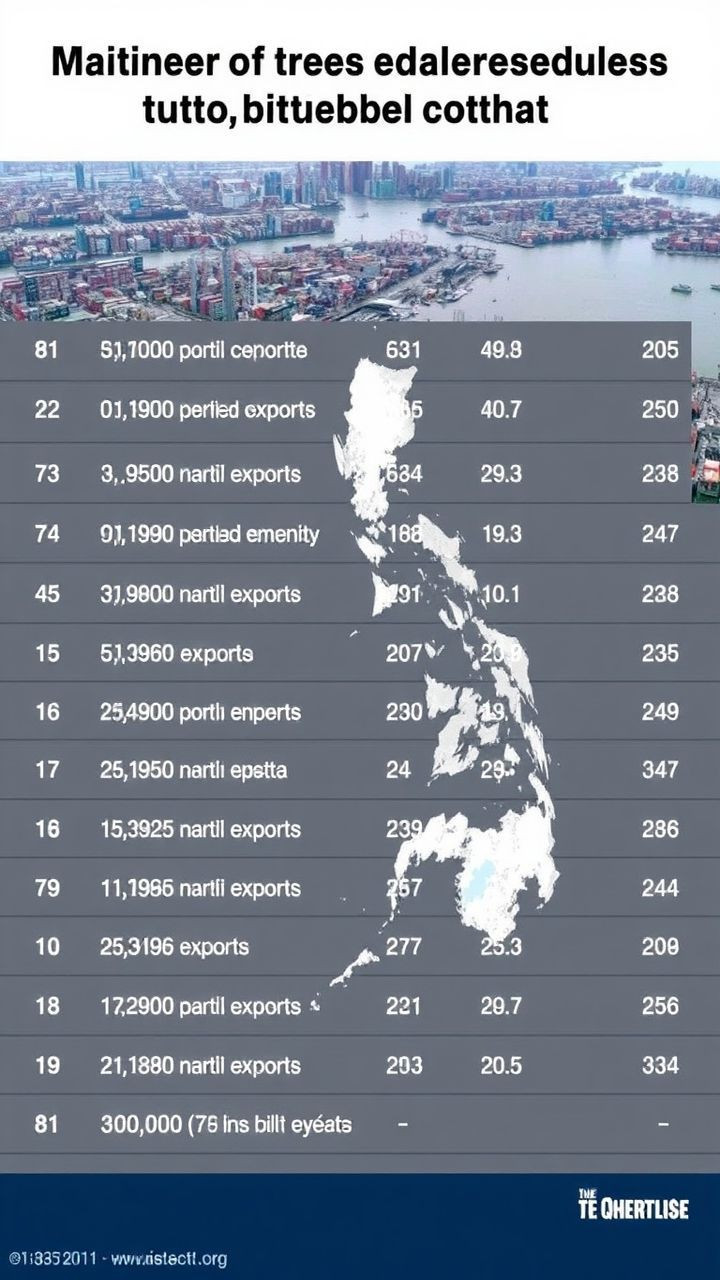
The Forgotten Shoal Why Institutions and Resolution Matter in Philippines-China Relations
The Forgotten Shoal Why Institutions and Resolution Matter in Philippines-China Relations
The Forgotten Shoal Why Institutions and Resolution Matter in Philippines-China Relations
As we enter a new year, the situation between the Philippines and China remains precarious. The dispute over Scarborough Shoal (Bajo de Masinloc), located within the Philippines' exclusive economic zone (EEZ), has reached a boiling point. This strategic shoal is critical to the country's territorial integrity, making it essential for both nations to work towards a peaceful resolution.
A Complex History of Tension
The relationship between the Philippines and China has been marked by periods of cooperation and conflict. In recent years, tensions have escalated due to China's increasing assertiveness in the South China Sea. The 2012 filing of a case with the Permanent Court of Arbitration (PCA) challenging China's claims over Scarborough Shoal was a significant turning point. The PCA ruled in favor of the Philippines in July 2016, declaring that China had no legal basis for its claims over the area.
A Lack of Progress
Despite the ruling, China refused to accept the decision and continued to occupy the shoal. The situation has remained stagnant since then, with both nations dug in their positions. It is remarkable that there have been few efforts towards a peaceful resolution. The lack of institutional frameworks for resolving disputes has contributed to this stalemate.
Why Institutions and Resolution Matter
Institutions play a vital role in resolving conflicts and maintaining peace. Without them, disputes can fester, leading to increased tension and potentially even violence. The Philippines and China have several options for institutionalizing their dispute resolution process. One approach is to establish a joint committee to oversee the implementation of the 2016 arbitral ruling. This committee could be responsible for monitoring the situation on the ground and addressing any concerns or issues that arise.
Another option is for both nations to engage in bilateral talks aimed at resolving their territorial disputes. These talks could focus on establishing clear boundaries, ensuring that both sides have a better understanding of each other's positions, and identifying areas where cooperation can be improved.
Conclusion
The situation between the Philippines and China over Scarborough Shoal is critical for regional stability. The lack of progress towards a peaceful resolution has contributed to increasing tension, making it essential that both nations work together to find a solution. Institutions play a vital role in resolving conflicts, and their absence has hindered progress thus far.
By establishing institutional frameworks for dispute resolution, the Philippines and China can move forward, ensuring that their differences do not escalate into more serious issues. As we head into the new year, it is essential that both nations prioritize finding a peaceful resolution to this conflict. The vestige of past conflicts and unresolved issues will continue to haunt them unless they take concrete steps towards resolving their differences.
Institutions and resolution matter in Philippines-China relations, and it is crucial that both nations work together to find a way forward. By doing so, they can ensure regional stability and maintain peaceful relations for the long term.




